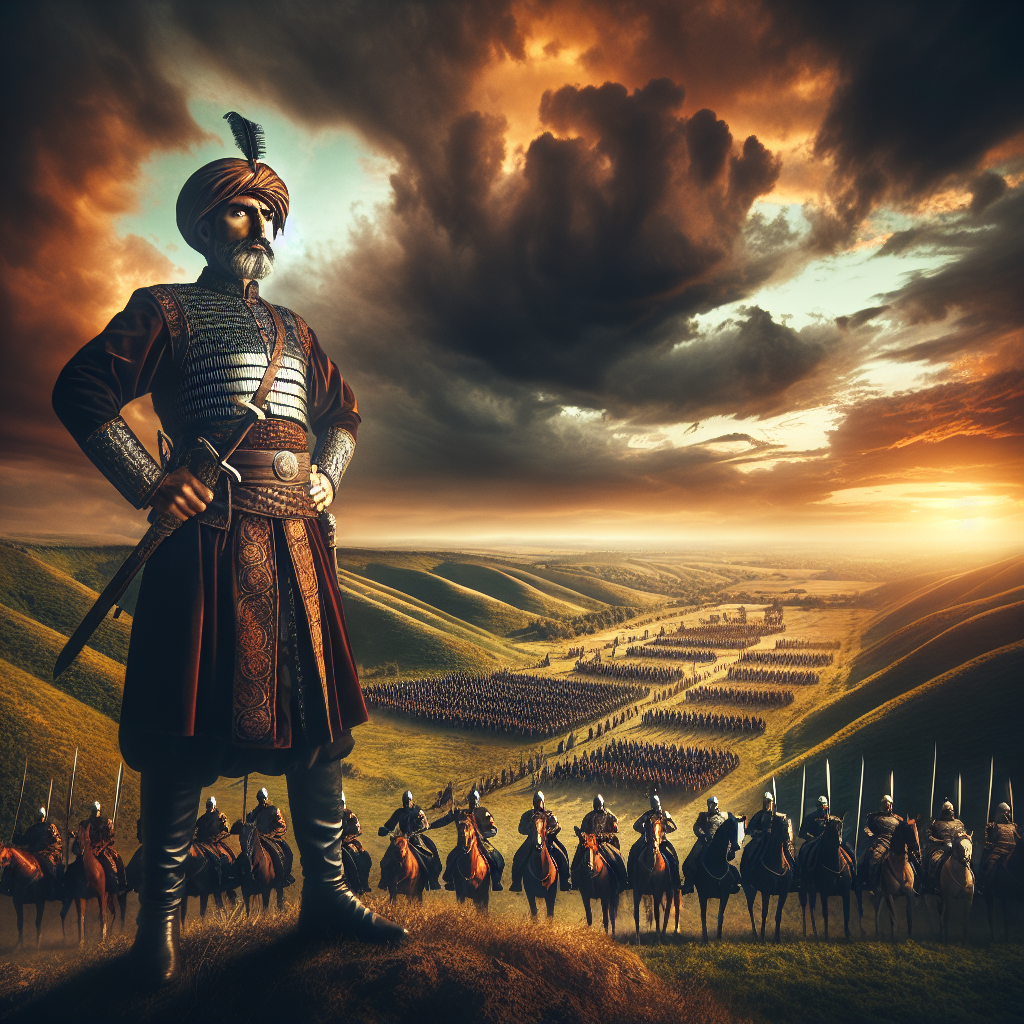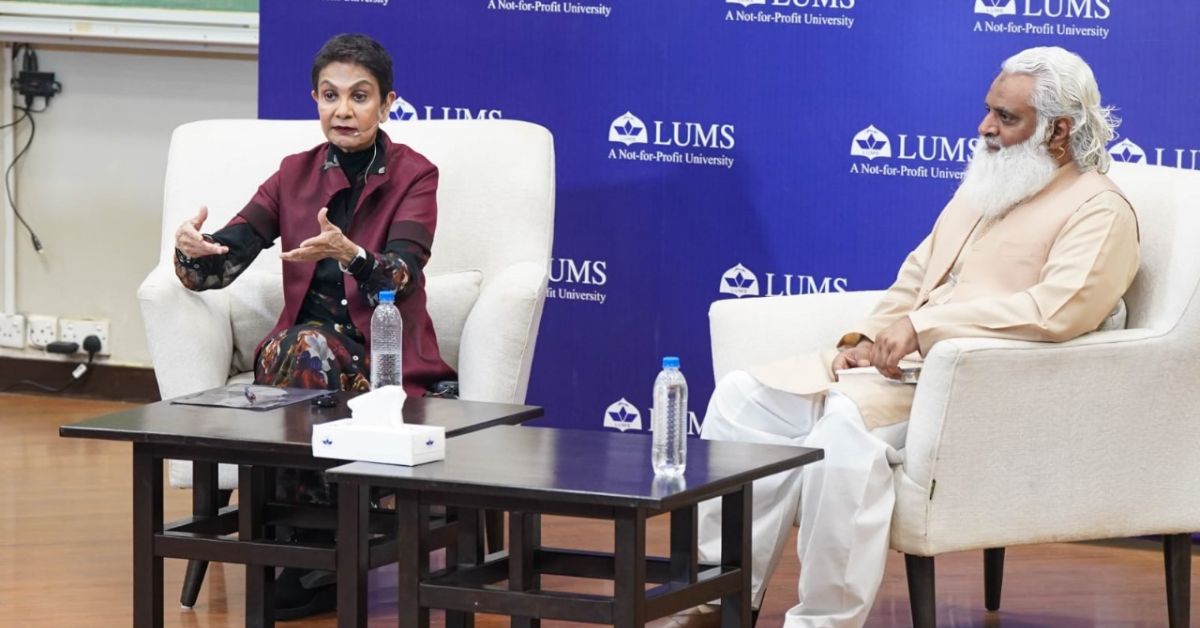The Warrior King Who Shaped History Salah ad-Din’s Timeless Legacy
A Leader Beyond the Battlefield
Salah ad-Din, known in the West as Saladin, is a name that resonates through the corridors of history. Renowned for his leadership during the Crusades, he was not just a military mastermind but a unifier of the Islamic world. His legacy continues to impact Islamic and world history. This blog post explores his life, achievements, and the lasting influences of his actions. From his strategic brilliance to his diplomatic finesse, Salah ad-Din’s life offers lessons relevant even today.
Early Life and Rise to Power
Born in 1137 in Tikrit, Iraq, Salah ad-Din came from a Kurdish family. His early life was marked by the political and military upheavals of the time. Raised in the city of Baalbek and later Damascus, he was exposed to the dynamics of power at an early age. Salah ad-Din initially served under Nur ad-Din, a prominent ruler who was instrumental in uniting Muslim territories. His loyalty and skill soon earned him recognition. Salah ad-Din’s rise was gradual but steady, culminating in his appointment as a commander in Egypt. Here, he demonstrated exceptional leadership, which laid the groundwork for his future endeavors.
Uniting the Islamic World
One of Salah ad-Din’s remarkable feats was uniting the fractious Islamic territories. At a time when internal conflicts weakened Muslim states, his vision and diplomatic prowess brought them together. Through strategic alliances and military campaigns, Salah ad-Din consolidated regions under his leadership. He prioritized unity, understanding its critical role in resisting external threats such as the Crusaders. His efforts in uniting the Muslim world were not just confined to conquest but extended to fostering a sense of shared identity and purpose. This unity was pivotal during the Crusades, providing a robust defense against the invading forces.
The Crusades and Salah ad-Din’s Role
The Crusades were a series of religious wars initiated by European Christians to reclaim the Holy Land from Muslim control. Salah ad-Din emerged as a central figure during the Third Crusade. His leadership was characterized by strategic acumen and chivalrous conduct, earning him respect from both allies and adversaries. The Battle of Hattin in 1187 was a turning point, where Salah ad-Din’s forces decisively defeated the Crusaders. This victory paved the way for the recapture of Jerusalem, a milestone in Islamic history. His approach during the Crusades was marked by not just military strength but also magnanimity, as evidenced by his treatment of prisoners and civilians.

Diplomatic Prowess
Salah ad-Din was as adept at diplomacy as he was in warfare. He understood the importance of negotiation and alliances in achieving long-term goals. His diplomatic efforts were instrumental in maintaining stability within his territories and negotiating with European powers. Salah ad-Din’s correspondence with European leaders, including Richard the Lionheart, showcased his understanding of cultural and political nuances. His ability to balance force with diplomacy was a hallmark of his leadership. It allowed him to secure favorable terms and avoid unnecessary bloodshed while maintaining the respect and trust of his counterparts.
Reforms and Governance
Beyond the battlefield, Salah ad-Din was a visionary leader committed to governance and reform. His administration focused on justice, economic stability, and social welfare. Salah ad-Din implemented policies to improve agriculture, commerce, and education, laying the foundation for a prosperous society. His emphasis on equitable governance and efficient administration strengthened his rule and earned him the loyalty of his subjects. Salah ad-Din’s approach to governance was marked by consultation and inclusivity, ensuring that diverse voices were considered in decision-making. These reforms contributed to the long-term stability of the regions under his control.
Cultural and Religious Impact
Salah ad-Din’s legacy extends to cultural and religious domains. He was a patron of arts and education, supporting scholars, poets, and scientists. Under his rule, centers of learning flourished, contributing to the Islamic Golden Age. Salah ad-Din’s commitment to religious tolerance and coexistence set an example for future generations. He respected diverse religious beliefs, fostering an environment of mutual respect and understanding. His efforts in promoting culture and knowledge left a lasting imprint on Islamic civilization, influencing subsequent generations and contributing to the broader tapestry of world history.
The Legacy of Chivalry
Salah ad-Din’s character and conduct have been immortalized in history and literature. His chivalric qualities, including honor, generosity, and fairness, set him apart as a model leader. These attributes earned him admiration and respect, even among his adversaries. Salah ad-Din’s legacy of chivalry influenced the chivalric code in Europe, shaping the ideals of knighthood. His actions demonstrated that true strength lies in compassion and integrity. Through his conduct, Salah ad-Din left a timeless legacy that continues to inspire leaders across cultures and eras, reminding us of the enduring power of principled leadership.
Influence on Modern Leadership
Salah ad-Din’s leadership principles have relevance in contemporary times. His emphasis on unity, strategic foresight, and ethical conduct are lessons applicable to modern leaders. In an interconnected world, his ability to bridge divides and build alliances offers valuable insights. Salah ad-Din’s leadership exemplifies the power of vision and adaptability, qualities essential for navigating today’s complex challenges. Modern leaders can draw inspiration from his approach to governance, diplomacy, and conflict resolution, applying these principles to foster cooperation and progress. His legacy serves as a reminder of the profound impact that visionary and ethical leadership can have.
Global Recognition and Commemoration
Salah ad-Din’s legacy is celebrated worldwide, transcending cultural and geographical boundaries. His accomplishments are recognized not only in the Islamic world but also in Western history. Monuments, institutions, and cultural references commemorate his contributions to history. Salah ad-Din’s portrayal in literature and media reflects his enduring influence and appeal. His legacy continues to inspire scholars, historians, and leaders, highlighting the universal values of justice, courage, and compassion. By commemorating Salah ad-Din, we honor a leader whose impact resonates across centuries, reminding us of the timeless principles that define great leadership.
Lessons from Salah ad-Din’s Life
Salah ad-Din’s life offers valuable lessons for individuals and organizations alike. His dedication to unity, justice, and integrity serves as a guiding light in a world often marked by division and conflict. By studying Salah ad-Din’s life, we gain insights into the qualities that define effective leadership and enduring success. His legacy underscores the importance of empathy, resilience, and collaboration in achieving meaningful change. Salah ad-Din’s story inspires us to strive for excellence, not just in achievement, but in character, motivating us to leave a positive and lasting impact on the world.
Conclusion The Enduring Legacy of Salah ad-Din
Salah ad-Din’s legacy is a testament to his multifaceted leadership and enduring impact. From unifying the Islamic world to shaping global history, his contributions continue to resonate. His principles of unity, justice, and compassion offer timeless lessons for leaders and individuals striving to make a difference. As we reflect on Salah ad-Din’s legacy, we are reminded of the power of vision, integrity, and empathy in shaping a better future. Whether in the realm of politics, business, or community service, the lessons from his life guide us toward meaningful and lasting contributions. For those seeking to learn more about Salah ad-Din and his legacy, further resources and readings await, offering deeper insights into the life and times of this remarkable historical figure.










